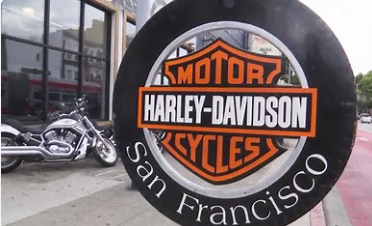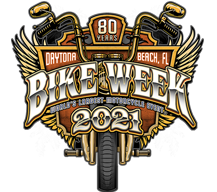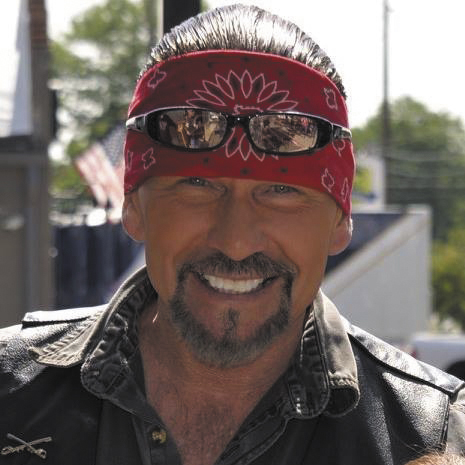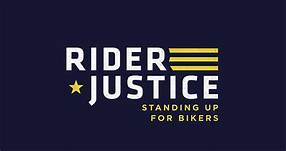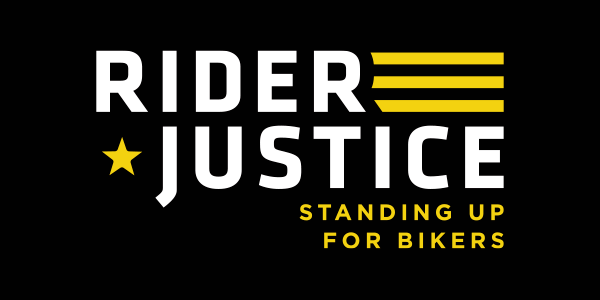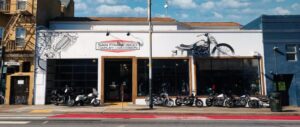 On Wednesday, June 26, the world’s longest-running family-owned Harley-Davidson dealership in San Francisco abruptly closed after being in operation since 1914.
On Wednesday, June 26, the world’s longest-running family-owned Harley-Davidson dealership in San Francisco abruptly closed after being in operation since 1914.
San Francisco Harley-Davidson, located at 3146 Mission Street, shut its doors for good over the weekend. The closure appeared sudden, as social media pages were still promoting deals and events at the dealership through June 22. This Northern California Harley dealership has quite a unique history, starting in 1914 when Mr. Dudley Perkins Sr founded it. The dealership, previously known as Dudley Perkins Harley-Davidson, was the world’s longest-running family-owned Harley-Davidson dealership.”
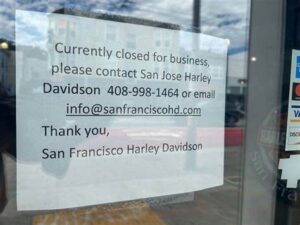 Details are still sketchy, but San Francisco Harley-Davidson unexpectedly closed after a century of operation today.
Details are still sketchy, but San Francisco Harley-Davidson unexpectedly closed after a century of operation today.
Over the years, our motorcycle community has seen many family-owned Harley-Davidson dealerships close with little explanation. In Colorado, our beloved Rocky Mountain Harley-Davidson, the oldest family-owned Harley motorcycle dealership in Colorado, closed its doors in February 2022. Founded in 1979 by owner Kathy Yevoli, the dealership had been a local community leader, raising funds for nonprofits, charities, hospitals, and other entities.
Certainly! Harley-Davidson’s downsizing can be attributed to several factors. Here are some key reasons:
- Market Challenges: Harley-Davidson has experienced declining sales in recent years due to changing consumer preferences, increased competition, and economic fluctuations. Its traditional customer base, primarily older riders, has been shrinking, and attracting new, younger riders has proven challenging.
- Tariffs and Trade Wars: The company was significantly impacted by tariffs imposed during trade disputes between the United States and other countries. These tariffs affected both production costs and international sales.
- Global Economic Uncertainty: The global economic climate, especially during the COVID-19 pandemic, reduced consumer spending and disrupted supply chains. Harley-Davidson’s sales were affected as a result.
- Shift Toward Electric Vehicles: The automotive industry is moving toward electric and sustainable alternatives. Harley-Davidson’s efforts to introduce electric motorcycles (such as the LiveWire) were met with mixed success, and the transition posed challenges for the brand.
- Reorganization and Streamlining: Harley-Davidson initiated a restructuring plan to adapt to changing market dynamics. This involved closing some dealerships, reducing the workforce, and focusing on core products.
- Financial Pressures: The company faced financial pressures, including debt and declining profitability. Streamlining operations was necessary to improve economic stability.
Remember that these factors are interconnected, and a combination of them likely influenced the decision to downsize. It’s unfortunate to see iconic family-owned dealership close with the Harley-Davidson history and traditions closing with them.

